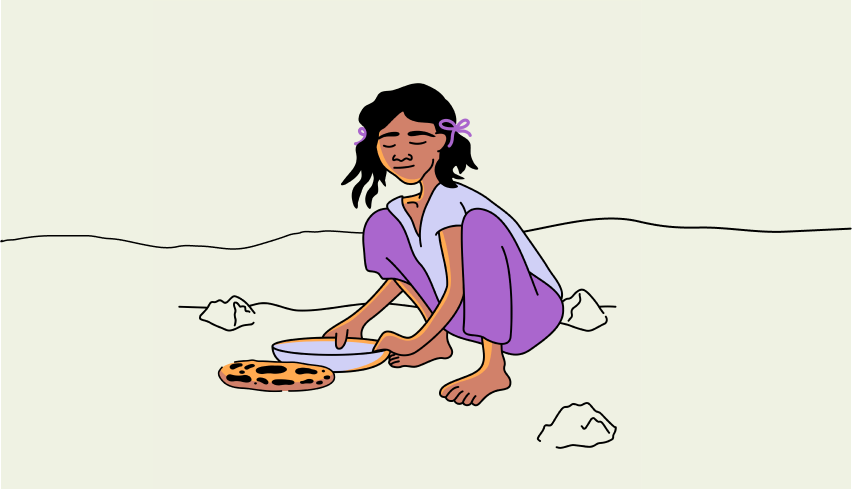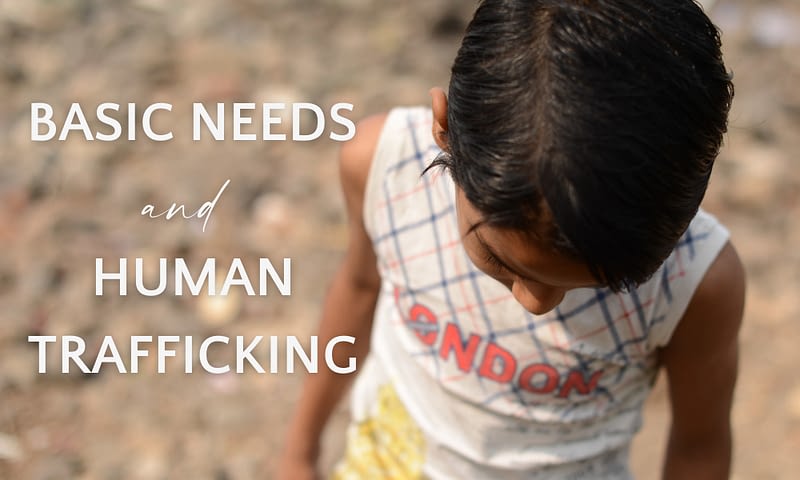Written By: Christie A.
When I met Rebecca, she was young and severely malnourished. She and her two brothers were on the brink of starvation. Their mother and father had passed away from Tuberculosis, leaving them orphaned. These three young children spent weeks with neighbors, trying to track down extended family and trying to survive. The stories they shared, of eating whatever they could find in attempts to stop their stomach from growling, made my heartbreak. The coming months would hold a long fight against malnutrition and tuberculosis for all three. Working with our Local Care Networks we were able to step in and provide timely intervention for these children: food, medical care, a safe place to sleep… as traffickers preyed on the community, they were in.
This Local Care Network, and the grace of God, changed their story.
Working in struggling communities we see that food and water are powerful. Until these basic needs are secured, that community is vulnerable. In this fight to secure basic needs and stop traffickers, we see two principles at play over and over again:
- Traffickers exploit the lack of basic necessities – food and water, to prey on vulnerable children. Whether it’s on the long trek for water, where a child becomes easy prey…or stepping into a community and exchanging food and money for a “job in the city for your daughter to work as a housekeeper.” When children must face the daily challenge for food and water, it leaves them at risk.
- The lack of food and the inability to provide the basic necessities for their children is one of the factors keeping women trapped in trafficking. Once a trafficking victim has children of her own, she is now in the fight to provide basic necessities for her child, further perpetuating the cycle.
The quest for food and water is a double-edged sword, forcing choices between death and captivity, choices no parent should ever have to face. Once captive, they are trapped there long after they’d be able to build a different life because they lack the tools needed to build a better future. When children are kidnapped at 12-14 years of age and exposed to years of trauma and abuse, they stand no chance at a different future without outside intervention. They don’t have the skills needed to earn a living wage, to provide for their families, even if they could get free.
We are slowly, one by one, changing that story. Through water and meals, through identifying vulnerable populations and providing intervention. Through offering care and support for women coming out of trafficking; as well as job skills and training them to earn a living wage.
Going back to Rebecca’s story, now many years later, she and her two brothers are healthy, educated and a thriving part of society. I spoke with her brother recently and he was telling me about how he has started feeding children in his community because he saw himself in them. He knew that just like his life is different, he could be a part of helping their life be different too.
Food and water are tools of community building and when given freely, as part of a holistic strategy to improve communities, they become incredible tools of freedom and life!






